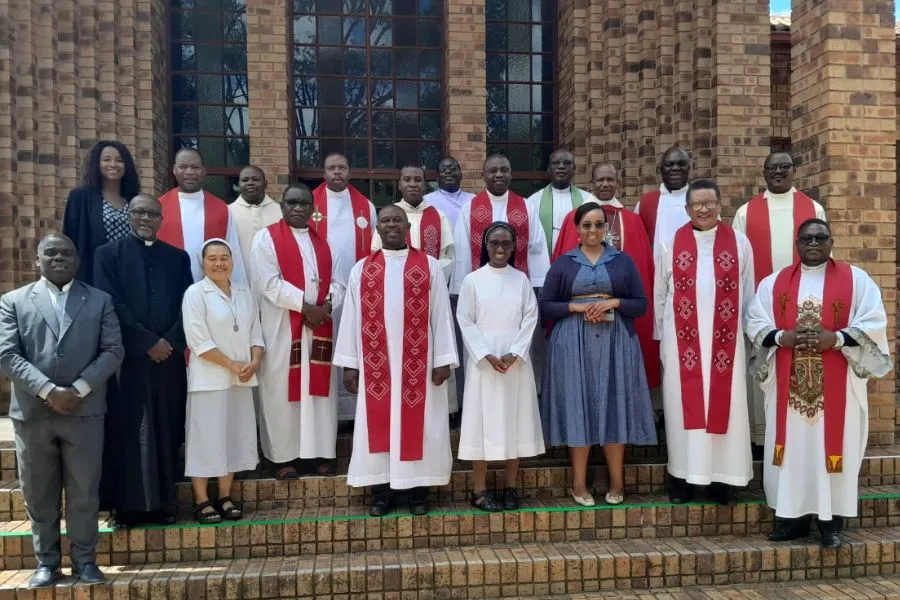Nairobi, 06 December, 2023 / 9:22 pm (ACI Africa).
Members of the Inter-Regional Meeting of the Bishops of Southern Africa (IMBISA), who include Catholic Bishops in nine countries of Southern Africa have tasked theologians in the region to “shed light” on the practices of traditional initiation and polygamy.
In the Synod on Synodality’s “synthesis report” that the Vatican released on October 28 night, the leadership of the people of God in Africa was called upon “to promote theological and pastoral discernment on the issue of polygamy and the accompaniment of people in polygamous unions coming to faith.”
The stance of the Catholic Church on polygamy in relation to the Church’s understanding of the institution of marriage and the Sacrament of Matrimony, and reflections on ways of journeying with persons in situations of polygamy in Africa are likely to characterize the theological discernment and pastoral discernment respectively.
In a statement published Wednesday, December 6, IMBISA officials highlight deliberations of the five-day Synodality Meeting that concluded on December 1.
Held at at Padre Pio Retreat Center in South Africa’s Pretoria Archdiocese under the theme, “Deepening Synodal Engagements”, the meeting brought together “theologians, the contact persons of the Episcopal Conferences”, and two delegates who participated in the October 4-29 XVI Ordinary General Assembly of the Synod of Bishops in Rome, Archbishop Robert Ndlovu of Harare in Zimbabwe and Bishop John Tlhomola of Mohale’s Hoek, Lesotho.








